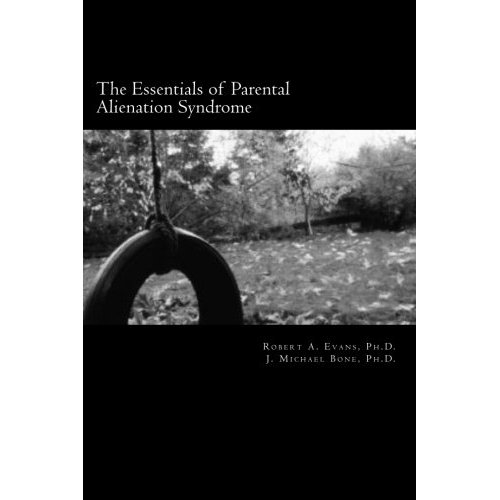Today’s article addresses the claim that Parental Alienation is Anti-Feminist and Unfairly Blames Women.
According to Gardner, alienated parents are not guilty of the heinous behaviors that they are accused of which justifies a child’s total alienation from them. If, on the other hand, a parent’s behavior does justify a child’s alienation, this does not quality as Parental Alienation.
This does not mean that the targeted parent is totally innocent of inappropriate behavior or questionable parenting practices. We must keep in mind that we are working with human beings who are quite fallible. The point, however, is that the child’s hatred for the parent is not commensurate with the parent’s behavior, with all its imperfections.

When Parental Alienation (PA) is present and valid the alienating parent and the child are primarily responsible. Similarly, Kelly’s earlier work emphasized the contributions of the aligned parent,
“The most extreme identification with the parent’s cause we have called an ‘alignment’- a divorce-specific relationship that occurs when a parent and one or more children join in a vigorous attack on the other parent. It is the embattled parent, often the one who opposes the divorce in the first place, who initiates and fuels the alignment”.
Some critics argue that PA overemphasizes the pathological contributions of the alienating parent while overlooking other possible causes of the child’s denigration and rejection of a targeted parent. When critics find fault with Gardner for not recognizing that genuine abuse, neglect, or violent behavior can cause behavior identified as Parental Alienation, they clearly have an inadequate understanding of PA as put forth by Dr. Gardner. It is well recognized that poor parental behavior can cause a child’s alienation; but PA is reserved for alienation that is not warranted by a parent’s behavior. Gardner went even further, however, he asserted that PA results from the combination of the alienating parent’s influence and the child’s own contributions.
Other clinicians believe that Gardner, being psychoanalytically oriented as most psychiatrists, overlooked the importance of family dysfunction in which neither parent can be said to be psychologically healthier than the other. Some assert that PA is less a psychopathology of one parent but more of a high conflict between both parents, therefore, a severe pathology of both parents. Others see PA as a family dynamic in which all of the family members play a role. Still others see a particular family dynamic is responsible rather than something being induced in the child by an alienating parent.
In working with child custody cases mental health professionals often report clear evidence that an alienating parent is deliberately and knowingly manipulating the child. Even when the manipulation is subtle or operating on an unconscious level, this manipulation and suggestion results because of the power imbalance between parent and child.
There is an extensive body of published work that clearly identifies the behavior of alienating parents as abusive.
Dr. Warshak has numerous works, there are continual updates to this body of literature. In virtually every study the inflicting of PA is commonly documented to be the result of an alienating parent. These studies lend clear support to the position that the core problem in PA is between the alienating parent and the child.
In some studies other parties, such as relatives and professionals, contribute to the alienation. Some authors have drawn attention to the unanticipated and inadvertent damage caused by some psychotherapists and custody evaluators whose intervention and recommendations reflect an inadequate understanding of PA.
Many professionals accept as valid a child’s criticisms of a target parent and thus the professional perpetuates and fosters PA. In Florida, continuing education for psychologists on assessing sexual abuse cases includes the presumption that abuse allegations by children are usually true and should be readily accepted. Of course this is in total denial of the work by such researchers as Stephen Ceci, author of the book Jeopardy in the Courtroom, published by the American Psychological Association.
In our work in this area, we need to be very comprehensive in confirming or disconfirming hypotheses relative to the etiology of PA in any particular case. This is an extremely complex area of investigation that requires multiple data sources.


